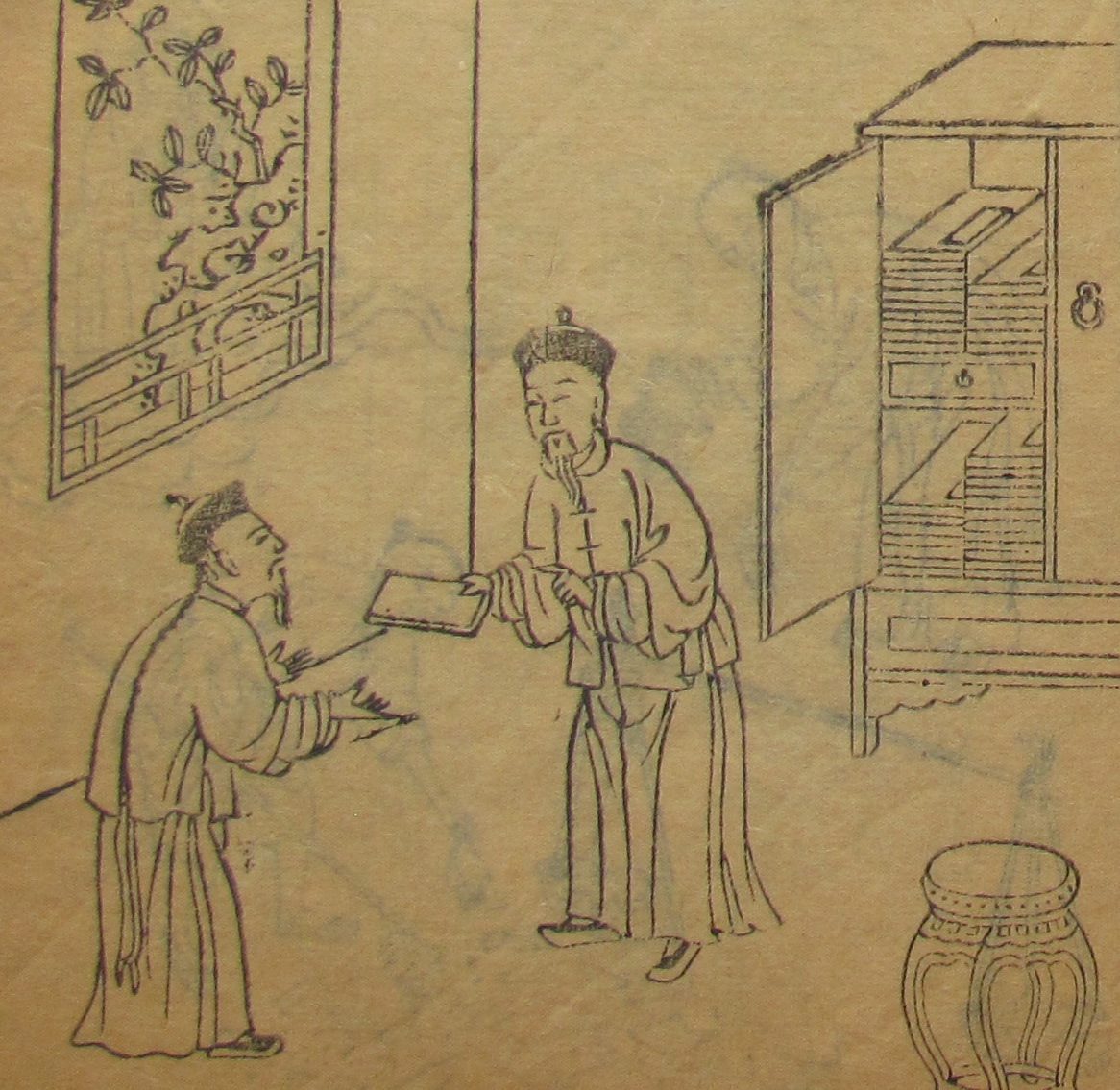
Xiaoshuo as China’s Fourth Religion: Pitfalls and Potentials of Vernacular Literature in the late Qing (1644-1911 CE)
Katherine Alexander, University of Colorado Boulder
November 29, 2023 · 4:30 pm—6:00 pm · 202 Jones Hall
East Asian Studies Program

This talk, based on the first chapter of my forthcoming book, focuses on how Yu Zhi (1809-1874), a firm believer in the socio-moral harm caused by vernacular literature, also built a strong case for how vernacular literature was also the most powerful tool available to further the Confucian civilizing mission of jiaohua 教化 (teaching and transformation) in the midst of empire-shattering crisis. In attempting to convince his peers and superiors of this radical claim, Yu drew attention to the historical failures of jiaohua, especially due to its inability to compete with xiaoshuo. Yu adopted a framework developed by mid-Qing scholar official Qian Daxin in which, since the Ming, China’s traditional three jiao have been supplanted by a fourth jiao, xiaoshuo, to convince his elite readers that its moral dangers were even worse than they may have thought, and its successes were due to their failures to apprehend its. Though literary censorship and inquisitions were common approaches to combating objectionable literature throughout the Qing, and Yu wholeheartedly supported such efforts, he also believed they were fundamentally flawed tools that did not go far enough to address the underlying causes and conditions in which popular literature spread socially-destabilizing immorality. In the hyper-literate world of late imperial literati, it may have been difficult for them to seriously consider alternatives to transforming society beyond centuries-old institutions and millennia-old Classical texts. Even so, Yu emphasized that in competition with powerful, dangerous enemies – popular drama and vernacular fiction – jiaohua as it was traditionally enacted lost out every time. It was time to let popular culture transform Confucians just enough that they might become the teachers that such dark times called for.















